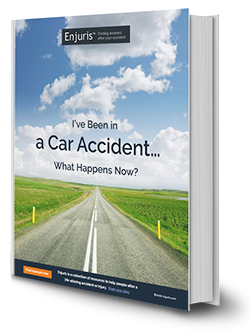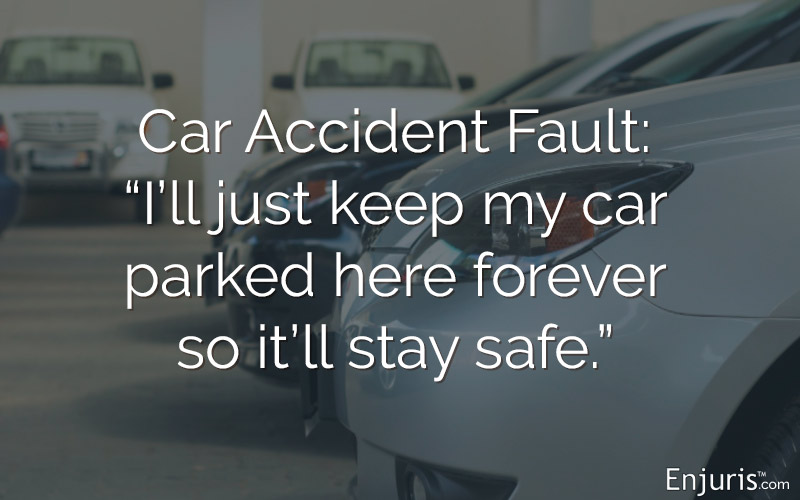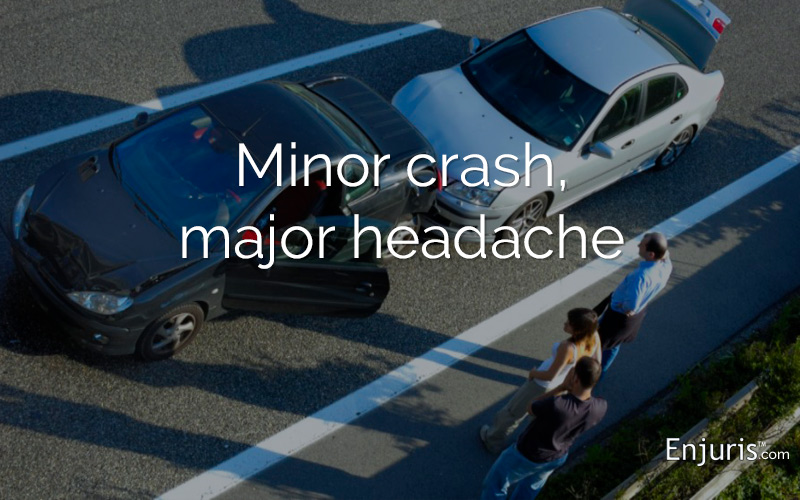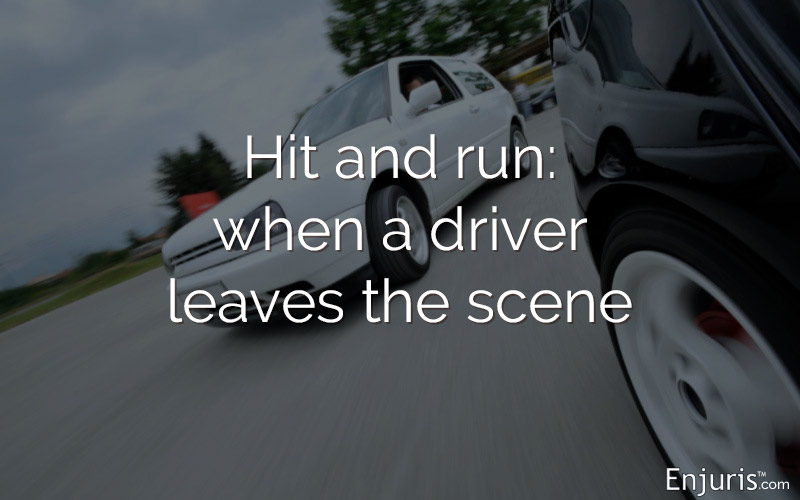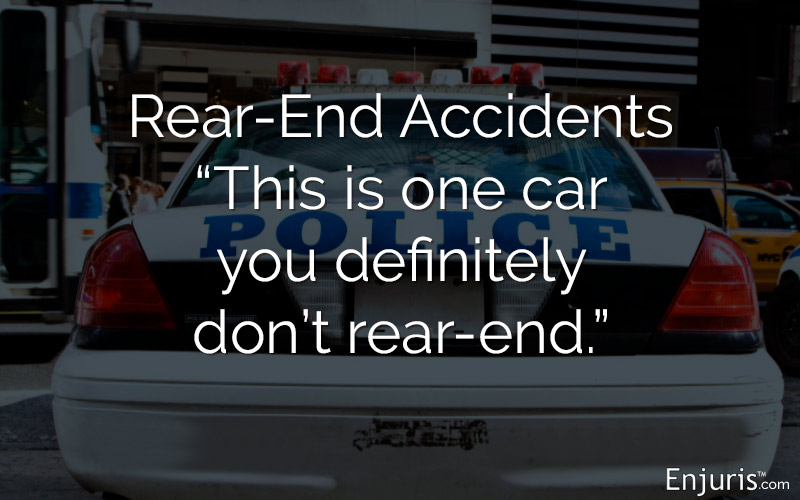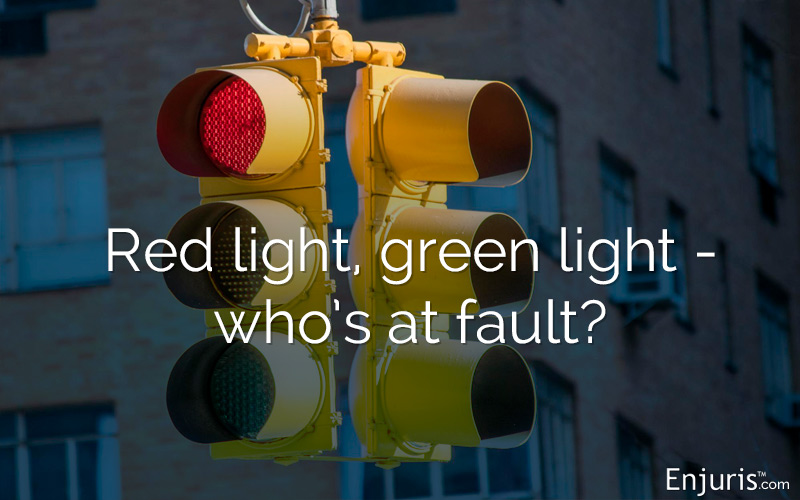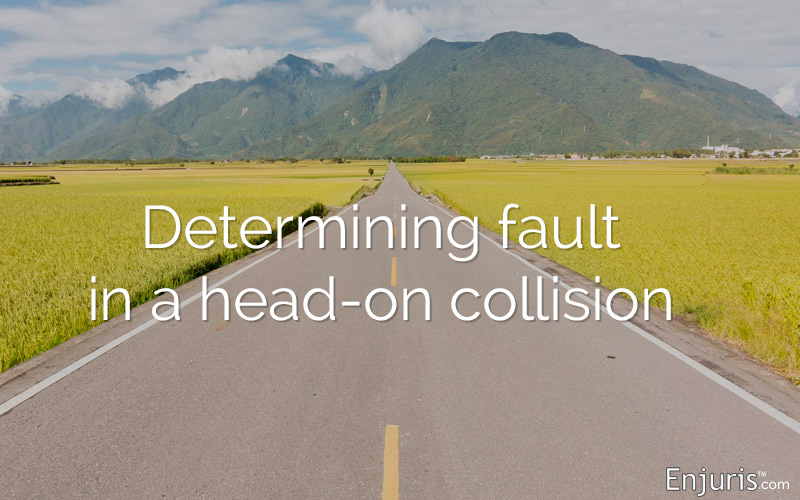When do you need a Louisiana car accident lawyer?
Louisiana, also known as The Pelican State, is led by its top three industry sectors: chemical, petroleum and coal manufacturing. But Louisiana residents are definitely not all work and no play; the state is also home to Mardi Gras, New Orleans and is a hub for Cajun and Creole cuisine.
Tourists flock to Louisiana because it’s the birthplace of American blues, but also to enjoy jazz music, bayous, and other diverse cultural experiences.
But whether you live, work, or visit in Louisiana, you might want to be familiar with traffic laws throughout the state’s more than 52,000 square miles. Louisiana Highway 1 is the longest numbered highway in the state, and it runs diagonally from the island of Grand Isle to north of Shreveport.
Louisiana is a tort state
If you’re in a Louisiana car accident, it’s important to know how liability laws work.
First, the basics of car accident and personal injury law: The purpose of personal injury lawsuits is to make a plaintiff (the injured person) whole, or to restore you to the financial condition you’d be in if the accident never happened.
Since Louisiana is a tort state, or an at-fault state, the person who caused an accident (i.e. is liable for an accident) is responsible for paying for the other party’s related expenses.
If you’re injured in a Louisiana car accident, you can hold the at-fault driver responsible in two ways:
- You can file a claim with their car insurance liability policy and negotiate a settlement for your losses; or
- You can file a personal injury lawsuit, and a jury could award damages.
Only a Louisiana personal injury lawyer can properly advise you on which approach is best for your specific circumstances, but here are some considerations for how you can determine which might be most effective for you:
- If the at-fault driver has an insurance policy that covers the extent of your costs, an insurance claim will likely yield a faster and more cost-effective outcome. Litigation (filing a lawsuit) can be time-consuming and costly. It could also require you to appear in court, which could be inconvenient. And, you’re at the whim of a jury. In theory, the evidence should speak for itself and you should receive the damages to which you’re entitled, but sometimes juries make surprising decisions and there are no guarantees. In addition, if the defendant doesn’t have the money to pay a judgment, you could endure the process and receive nothing.
- If the accident left you severely injured and your medical treatment costs will be higher than the at-fault driver’s insurance policy limit, you might want to file a lawsuit. An insurance payout will pay for damages that include medical treatment and wage loss, but it doesn’t cover non-economic costs like pain and suffering, mental anguish, loss of consortium, and loss of enjoyment of life. If you believe you’re entitled to damages for these losses, a lawsuit could be worthwhile.
To receive compensation from a Louisiana car accident lawsuit, you must prove the elements of negligence. You would need to show that the defendant breached their duty of care to the plaintiff, that the breach was the direct cause of their injuries, and the specific cost of the injuries.
You can read more about negligence:
Louisiana statute of limitations
The statute of limitations is the amount of time a plaintiff has to file a lawsuit. In Louisiana, you may file a personal injury lawsuit for a car accident within one year of the date of the accident. If you miss that deadline, you are no longer eligible to file a lawsuit.
It’s important to note that this deadline is for lawsuits, not insurance claims. The insurance company likely has its own deadline by which a claim must be filed, and it’s probably far shorter than a year. It’s best to contact all parties’ insurance companies as soon as possible after a car accident.
Louisiana car insurance requirements
Louisiana requires each driver to carry these minimums in liability insurance:
- $15,000 for bodily injury to one person
- $30,000 for bodily injury for all victims in an accident
- $25,000 for property damage sustained by others
A driver is also required to have uninsured motorist and underinsured motorist insurance in case the at-fault driver does not have sufficient coverage for their claim. If you’re involved in an accident and the at-fault driver is uninsured or underinsured for your claim, you would then turn to your own policy to cover your costs. This would also cover your expenses if you’re the victim of a hit-and-run and the at-fault driver cannot be identified or located.
Insurance “travels” with the vehicle, so it’s the responsibility of the vehicle owner to have a full insurance policy. The coverage extends to any person who drives the vehicle legally with the owner’s permission.
Louisiana is a “no pay, no play” state. An uninsured driver can’t recover damages, even if they are the victim of another driver’s negligence. The uninsured motorist may not recover the first $15,000 of damages for bodily injury or the first $25,000 in property damage. An exception to this is if the at-fault driver was intoxicated at the time of the crash, fled the scene of the accident, was engaged in committing a felony at the time of the accident, or intentionally caused the crash.
Louisiana permits direct action against an insurance company
In most states, if you’re the victim in a car crash, you can file a lawsuit against the at-fault driver (or whoever caused the accident). The Louisiana Direct Action Statute (La. Rev. Stat. 22:1269) permits a plaintiff to directly sue the defendant’s insurance carrier if the policy covers the risk or if the policy was issued in Louisiana. The plaintiff also could sue the insurer directly if the negligent person is insolvent, bankrupt, uninsured, deceased, or otherwise unavailable.
Louisiana contributory negligence law
Each state follows one of four types of laws that specifies how and whether the injured person (the victim) in an accident can share liability.
Louisiana follows a pure comparative negligence rule. This is the rule in Alaska, Arizona, California, Florida, Kentucky, Mississippi, Missouri, New Mexico, New York, Rhode Island and Washington.
In a pure comparative negligence state, the plaintiff’s damages can be reduced according to their percentage of fault.
Here’s how it works:
A driver causes an accident because they were speeding and they made a too-fast left turn, causing a collision with a driver approaching from the opposite direction. Although it’s clear that the first driver caused the accident because they were driving too fast and did not have the right of way for the turn, the court finds that the injured driver could have braked sooner to avoid the accident. It finds that the at-fault driver is 90% responsible for the crash and the victim is 10% responsible.
Therefore, the victim’s damage award is reduced by 10%.
5 Tips for following Louisiana traffic laws
It’s always important to know the laws wherever you are. While some laws are universal (red means stop, green means go), others could be specific to a particular state.
This is not a comprehensive list of Louisiana traffic laws, but here are a few that you might not know about:
1. Louisiana “Move Over” rule
You must drive in the right lane of a Louisiana highway unless you’re passing a slower vehicle or preparing for a left turn. You may use the left lane if traffic is backed up in the right lane, but you must be able to go faster than the vehicles to your right. You must keep right if you’re traveling 10 miles per hour slower than the speed limit.
2. Passing on the left
If you’re traveling on a two-lane highway, you must pass on the left. Wait until the left lane is clear, and then pass without being within 100 feet of a vehicle approaching from your rear. You must give the right of way to a vehicle that passes you on the left, and you cannot speed up until the pass is complete.
3. Four-way intersections
If you arrive at an intersection at the same time as another driver, the vehicle to the right has the right of way. The driver on the left must yield.
4. “Minimum Speed Rule”
You may not drive so slowly as to interfere with normal traffic flow. You are permitted to travel slower than the flow of traffic if there’s a hazard or situation that prevents you from driving at the regular speed. This includes weather conditions or your own vehicle’s malfunction.
5. Louisiana Hands-free rule
Louisiana drivers are not permitted to use a mobile phone for texting, email, or social media while driving. They may not use a mobile phone at all while driving if they’re in the first year of their driver’s license. A driver who is under age 18 may not use a mobile phone to make calls.
The exception to this rule is to report an emergency.
When to call a Louisiana personal injury lawyer
Laws are complicated and nuanced. If you’ve been involved in a car accident, a Louisiana personal injury lawyer can help. And remember—lawyers aren’t just for lawsuits. They are skilled negotiators who can assist in reaching the optimal insurance settlement for your needs.
Don’t sell yourself short by accepting a settlement that might not be enough to cover your present and future expenses. You can’t go back for more if you realize that your medical treatment costs more than you expected, or if your recovery time keeps you out of work longer than anticipated. Your lawyer is experienced at understanding your needs now and in the future as related to the accident; they will help you obtain the compensation you need and deserve.
Did you know that car accident law varies by state?
Hurt in a car crash? You may find these resources helpful
Need a lawyer?
What does an injury lawyer do?
A personal injury lawyer helps individuals who have sustained injuries in accidents to recover financial compensation. These funds are often needed to pay for medical treatment, make up for lost wages and provide compensation for injuries suffered. Sometimes a case that seems simple at first may become more complicated. In these cases, consider hiring an experienced personal injury lawyer. Read more
Common car accidents
